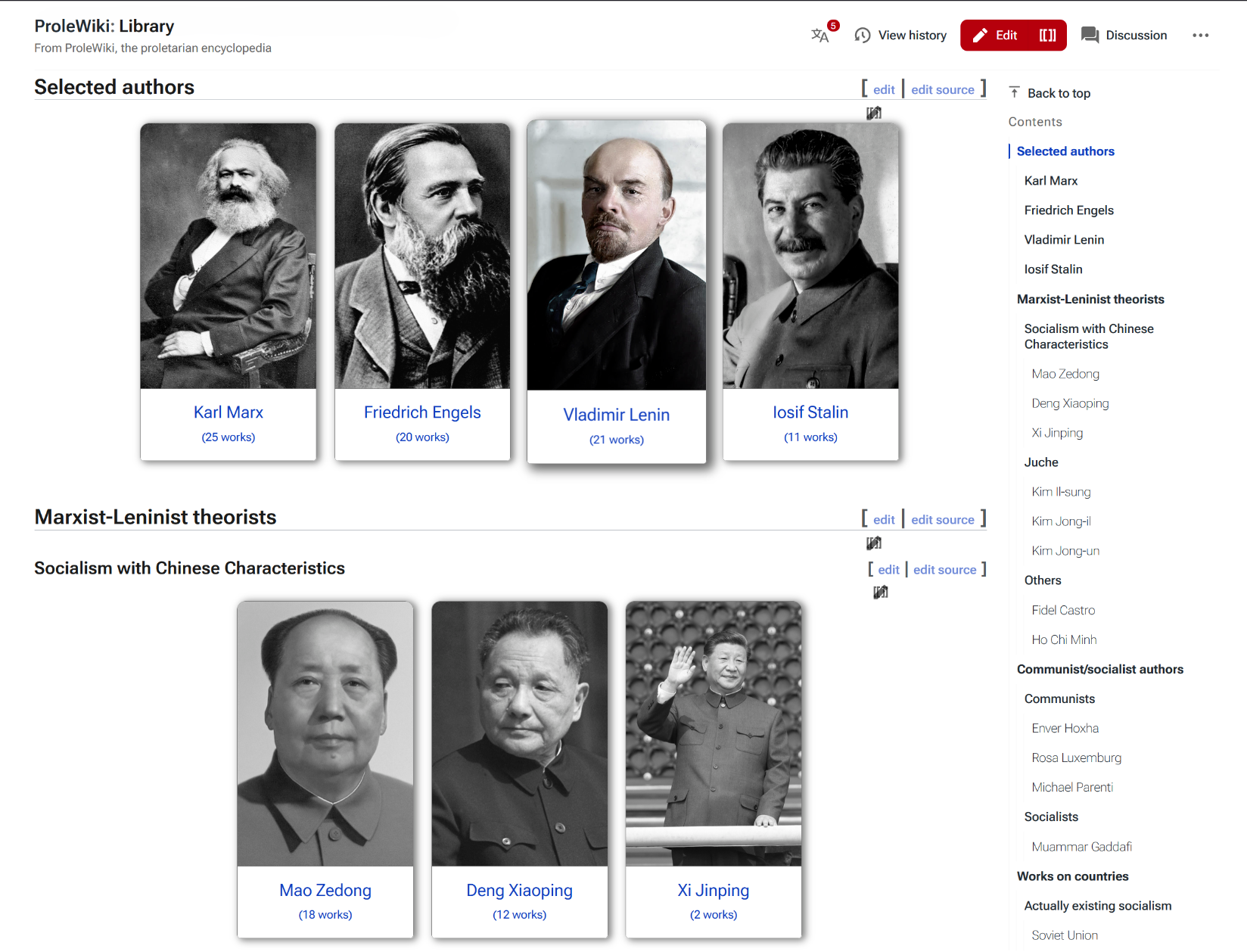How to achieve efficient allocation of resources and make the right decisions about what to produce:
- provide money to citizens (this would be conditional, but Taylor doesn't want to get into the conditions. No uggos, I suppose.)
- let them make consumer choices (output produced by state enterprises). This tells you how important goods are. The price reflects the importance.
"As such sole producer, the state maintains exchange relations with its citizens, buying their productive services with money and selling to them the commodities which it produces"
Ok what's interesting about this description is it's a fully centralised, fully planned economy. It's NOT free enterprise BUT it is a market economy. Production is centralised in the state – the state's interactions with people are market interactions (buying/selling/supply/demand)
The planners set a price that fully covers production cost. This considers the scarcity and renewability of materials (land, non-renewable aquifers, etc.)
How could the planners figure out the costs of raw materials and intermediate goods?
- By trial-and-error.
- The amount of steel available is known.
- If the amount of a good isn't known, or if its amount exceeds demand (seawater), it has no price.
Because the effective importances of the commodities are expressed in terms of money value, the importances of the several factors will be so expressed. At present it will be assumed-to prove this assumption will be the task of the second part of this paper-that the authorities of our socialist state will have proved able to ascertain with a sufficient degree of accuracy these effective importances or values of all the different kinds of primary factors, and that they will have embodied the results in arithmetic tables which I shall usually designate factor-valuation tables.
In order to determine the cost of producing any particular commodity, let us say a sewing machine, it would be necessary to multiply the valuation of each factor used in producing that machine by the quantity of that factor so used and add together these different products. If the resultant total turned out to be thirty dollars, we should have to say that the producing of the sewing machine made a drain on the community's economic resources of thirty dollars; or, in other words, that its resources-cost was thirty dollars.
"the kind of cost just explained, resources-cost, is in fact very closely allied to what, under our system, is often called expense-cost."
They know how much steel is, they're trying to set the price of steel:
- They estimate it
- If there's a steel mountain, they lower it. If there's unmet demand they raise it.
Vampire's thoughts and conclusion: it's interesting and a little sad to see how in those days people were coming up with market-based mechanisms to make Marxism work. Marx never wrote one essay on what the communist economy would look like. It was up to post-Marx communists to work out the theory. And market theorists like Taylor and Lange and Dickenson made contributions. The model described here is nothing like the economies of China or Vietnam today.

